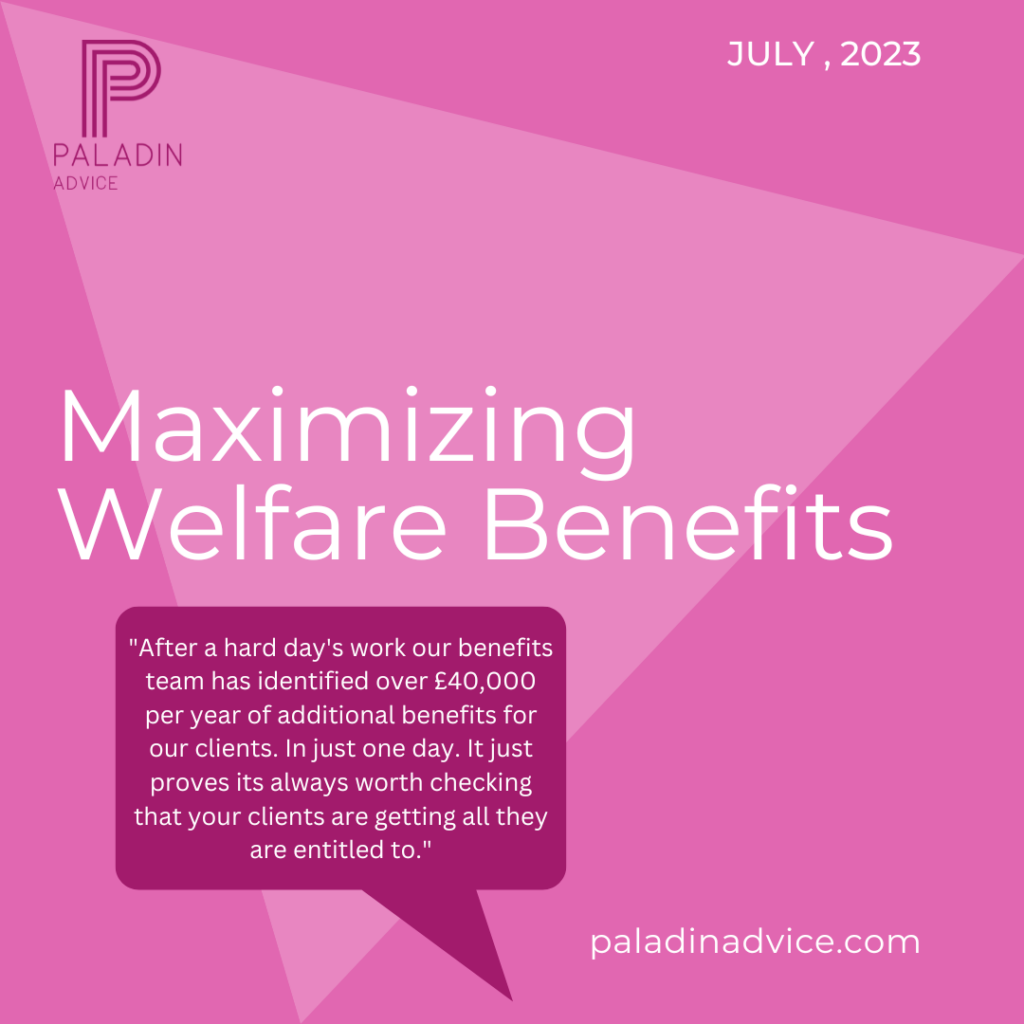The United Kingdom cost of living crisis is an ongoing event starting in 2021, in which prices for many essential goods in the United Kingdom began increasing faster than household incomes, resulting in a fall in real incomes. This is caused in part by a rise in inflation in the UK, as well as the economic impact of foreign issues such as the 2022 Russian invasion of Ukraine.
The UK’s cost of living is the most affected of advanced economies. While all in the UK are affected by rising prices, it most substantially affects low-income persons. The British Government has responded in various ways, such as by making provision for a £650 grant for households in receipt of means-tested benefits, including Universal Credit
The cost of living crisis is defined as “a situation in which the cost of everyday essentials like food and bills are rising faster than average household incomes.” The think-tank Institute for Government defines the UK’s cost of living crisis as “the fall in real disposable incomes (that is, adjusted for inflation and after taxes and benefits) that the UK has experienced since late 2021″
As I stated earlier, those on the lowest incomes will be hit hardest during this difficult period. Government help has been available and will continue into 2023. There is also help available from local resources such as local councils, (one-off cost of living payments), and help from social landlords if you’re renting.
It is worth checking online about available local resources available which help those most in need. There are warm space schemes up and down the country where additional advice on heating and reducing bills/debts can be accessed. These can be very useful.
My final thought is that there IS help available if you or your family are struggling. Seek help to maximise your income if you’re unable to work. There are plenty of local advice and support services that have stepped up in this current crisis to help their local community.



